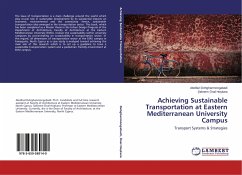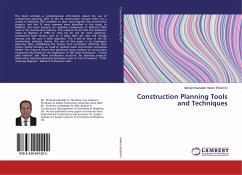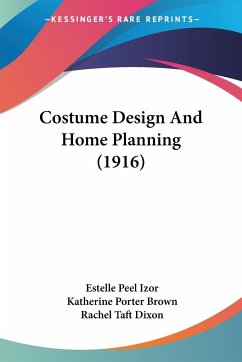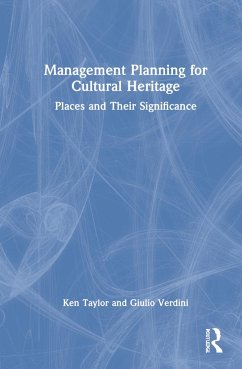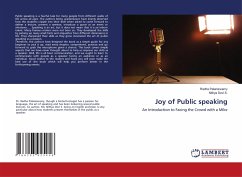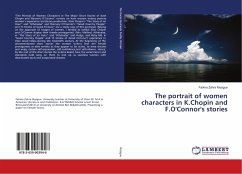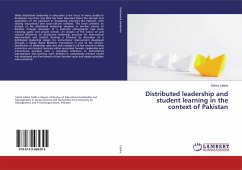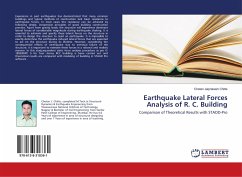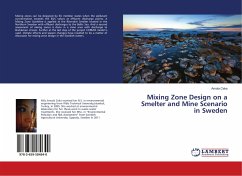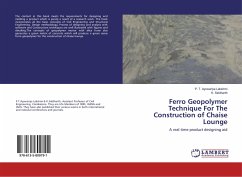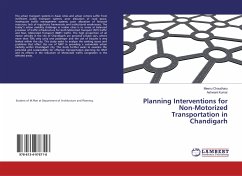
Planning Interventions for Non-Motorized Transportation in Chandigarh
Versandkostenfrei!
Versandfertig in 6-10 Tagen
36,99 €
inkl. MwSt.

PAYBACK Punkte
18 °P sammeln!
The urban transport systems in Asian cities and urban centers suffer from inefficient public transport systems, poor allocation of road space, inadequate traffic management systems, poor allocation of financial resources, lack of regulatory frameworks and institutional weaknesses. The today s urban mobility challenge in Indian cities is to arrive at balanced provision of traffic infrastructure for both Motorized Transport (MT) traffic and Non- Motorized Transport (NMT) traffic. The high proportion of all motor vehicles in the city of Chandigarh are personal private cars, where more than 70% on...
The urban transport systems in Asian cities and urban centers suffer from inefficient public transport systems, poor allocation of road space, inadequate traffic management systems, poor allocation of financial resources, lack of regulatory frameworks and institutional weaknesses. The today s urban mobility challenge in Indian cities is to arrive at balanced provision of traffic infrastructure for both Motorized Transport (MT) traffic and Non- Motorized Transport (NMT) traffic. The high proportion of all motor vehicles in the city of Chandigarh are personal private cars, where more than 70% only carry one passenger and the use of bicycles is very limited within the city. This study seeks to analyze the existing issues and problems that affect the use of NMT in providing a sustainable urban mobility within Chandigarh city. This study further seeks to examine the potential and sustainability for effective transportation planning for NMT and its effects in the reduction of Motorizedtraffic congestion in the selected areas.



